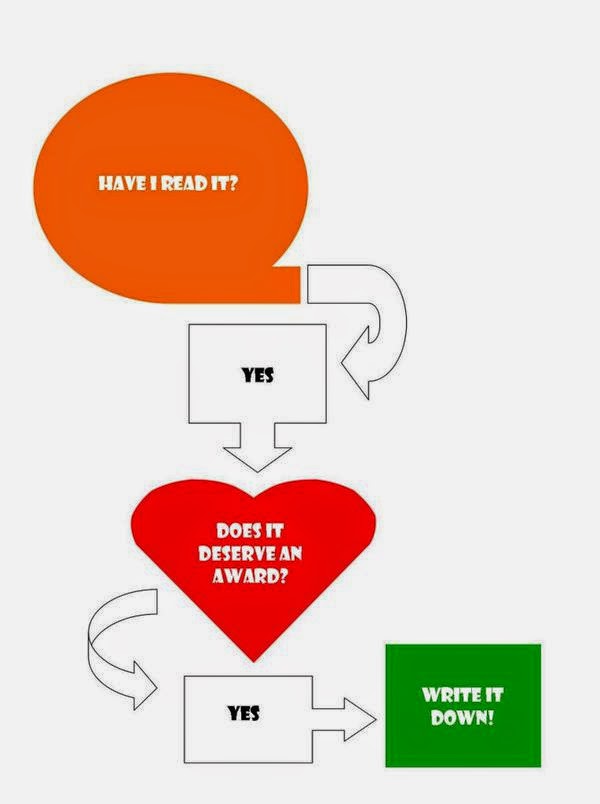We've all been there. You're plugging away on your computer when something horrendous happens and it seems your life is over. Sometimes the horrendous thing is that your hard drive crashed and you can't retrieve anything from your computer. More often the horrendous thing is just a popup that you don't understand. This is when you call your computer savvy friend. This friend might be an actual friend, or it might be someone you are paying to help you with your computer.
Either way, the following tips will help you communicate with this individual.
1. Be specific
Imagine for a moment, you take your son to the doctor. You're in the room with the doctor. The child is sitting on the chair. He seems to be just fine. The doctor asks what the problem is, and you say, "My son is dead." The doctor looks at you a bit confused. Your son is clearly not dead. He is sitting there smiling. It turns out that yesterday your son had a stomach ache that hasn't come back in 24 hours. You just want the doctor to check him out and make sure everything is okay. For some reason, you refuse to tell him that.
The above situation sounds ridiculous. But for some reason that's exactly what people do with their computers. Let's imagine another situation. You take your computer to a friend. He asks you what the problem is. You say, "My computer doesn't work." Your friend looks at the computer. It seems to be functioning just fine. It turns out that yesterday there was an error that popped up that frightened you. The error isn't there now, but you just want to make sure everything is okay. Again, you may want to consider communicating what the actual issue is.
For some reason, the second situation happens every day, even though the 2 situations are nearly identical. (Maybe the first situation happens all the time as well. It's just that I'm on the receiving end of the second since I'm a computer person, and I'm not on the receiving end of the first since I'm not a doctor. If that is the case, please be more specific with your doctor as well.)
I can't tell you how many times I've had people tell me, "It doesn't work." This is true whether it's a client at work, or a friend looking for help with their computer. Half of the time, "It doesn't work" means "there is a feature that I would like it to have but it doesn't have." Another large portion of the time, it means, "An error popped up and it frightened me. But I didn't read it and can't tell you what it was." It's actually relatively rare for, "It doesn't work" to actually mean that the computer doesn't work.
If you find yourself saying, "It doesn't work." Please slap yourself. After you've done that, figure out what doesn't work and how you think it should work. Then explain those 2 things.
2. Explain how you got the problem
Your friend really wants to fix your problem. But if he can't find the problem, he can't fix it. Also, knowing what you're doing when you had the problem will help him pinpoint whether there's actually a problem. Let's go back to the doctor analogy.
You go to the doctor and explain that your toe really hurts. The doctor can give you a pain killer, but you might want to explain what you were doing when the toe started to hurt.
After you say, "I like to kick a cement wall with bare feet." The doctor might explain that your foot is actually functioning as designed. Your toes were never meant to kick cement walls.
Of course, there are other situations where your toe might hurt because of an infection or other ailment where the doctor can prescribe something to fix it. The point is that your body and your computer were designed to do certain things. When you use them improperly, you may get an error (or pain) but sometimes errors or pain are actually supposed to be there for certain behaviors.
By the same token, when you enter the word "Harold" in a quantity field, and the program pops up and says, "Please enter a valid number." That error is actually there by design. Your friend doesn't need to fix it. Your friend may ask you something like, "Have you tried using this program properly?"
3. Feel free to Google it
I said that these tips apply to both your friend who wants to help you out, and the guy you are paying to help you out. This last tip really applies only to your helpful friend. If you are paying someone, you can reasonably expect them to have more knowledge than you do. But I'm going to let you in on a secret about your computer savvy friend. He doesn't actually know about every software that you've ever encountered. The following flowchart shows you exactly how he has solved every computer problem you've come to him with.
So there you have it. You too can be a tech savvy friend. All you need is a willingness to try new things and an internet connection, if your random tries fail.
Good luck! I hope this little guide has helped you better communicate with your super smart friends. Now all of your computer problems will be solved much easier.



















































